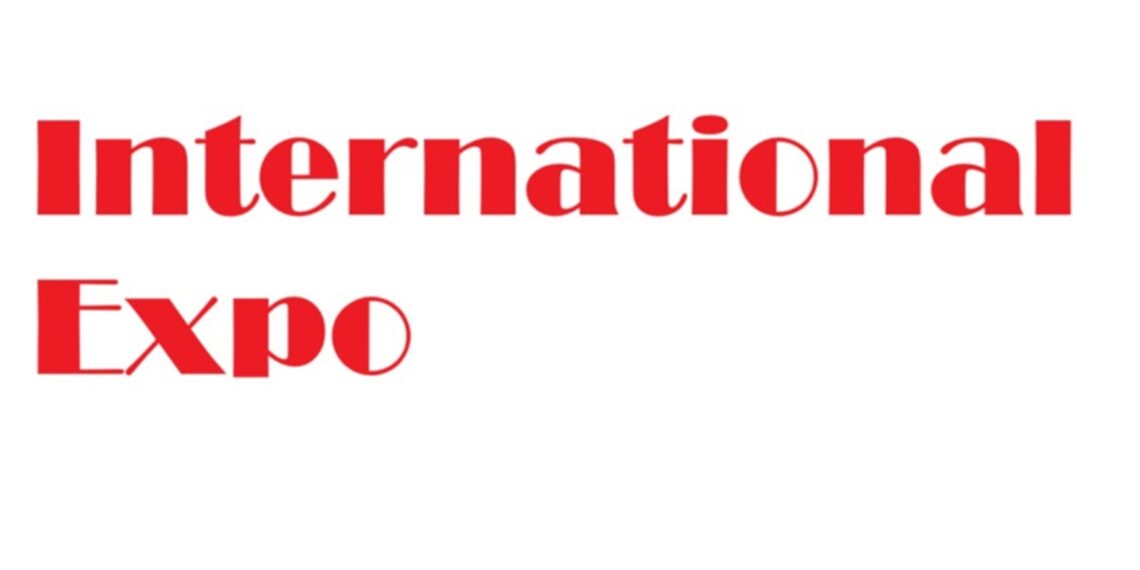Tensions flared at the global expo in Silchar, Assam, on Wednesday after members of the Bajrang Dal demanded the closure of stalls selling Bangladeshi products.
The organisers of the event, responding to the group’s protest, promptly shut down two stalls showcasing products from Bangladesh, citing concerns over ongoing atrocities against Hindus and other minorities in the neighbouring country.
The Bajrang Dal members met with the expo organisers, urging them to immediately remove any products from Bangladesh.
They also called for the removal of all advertising materials bearing the word “Bangladesh” from the venue.
The group argued that the sale of such goods was unacceptable as long as religious minorities, particularly Hindus, continued to face persecution in Bangladesh.
Bajrang Dal spokesperson Mintu Nath, while addressing the media, made it clear that the group would not tolerate the sale of Bangladeshi products in the region.
“No Bangladeshi product will be allowed to be sold in any shop in the entire Cachar district as long as atrocities against Hindus continue in the neighbouring country,” Nath said, emphasizing the group’s stance on the issue.
In response to the growing tension, local authorities acted swiftly by deploying additional police forces to the Town Club Field, the venue for the expo, and around the nearby visa office to ensure security. A police officer stated, “The situation is under control, and a strict vigil is being maintained across the entire district to prevent any untoward incidents.”
The incident highlights rising concerns over the geopolitical relationship between India and Bangladesh, with some groups within India, particularly those aligned with right-wing organisations like Bajrang Dal, voicing opposition to any perceived support for Bangladesh, especially given the ongoing concerns over the treatment of religious minorities in the neighbouring country.
The Silchar expo, an event aimed at fostering international trade and cultural exchange, was largely unaffected by the closure of the Bangladeshi stalls.
However, the controversy surrounding the incident has raised questions about the growing influence of local political and social groups in regulating trade and cultural events.
While the organisers have yet to make an official statement, the removal of the Bangladeshi products has sparked a wider debate in the region about the balance between cultural diplomacy and political sensitivities.
This event also underscores the broader political and social climate in Assam, where issues of religious identity and cross-border relations often become contentious.















